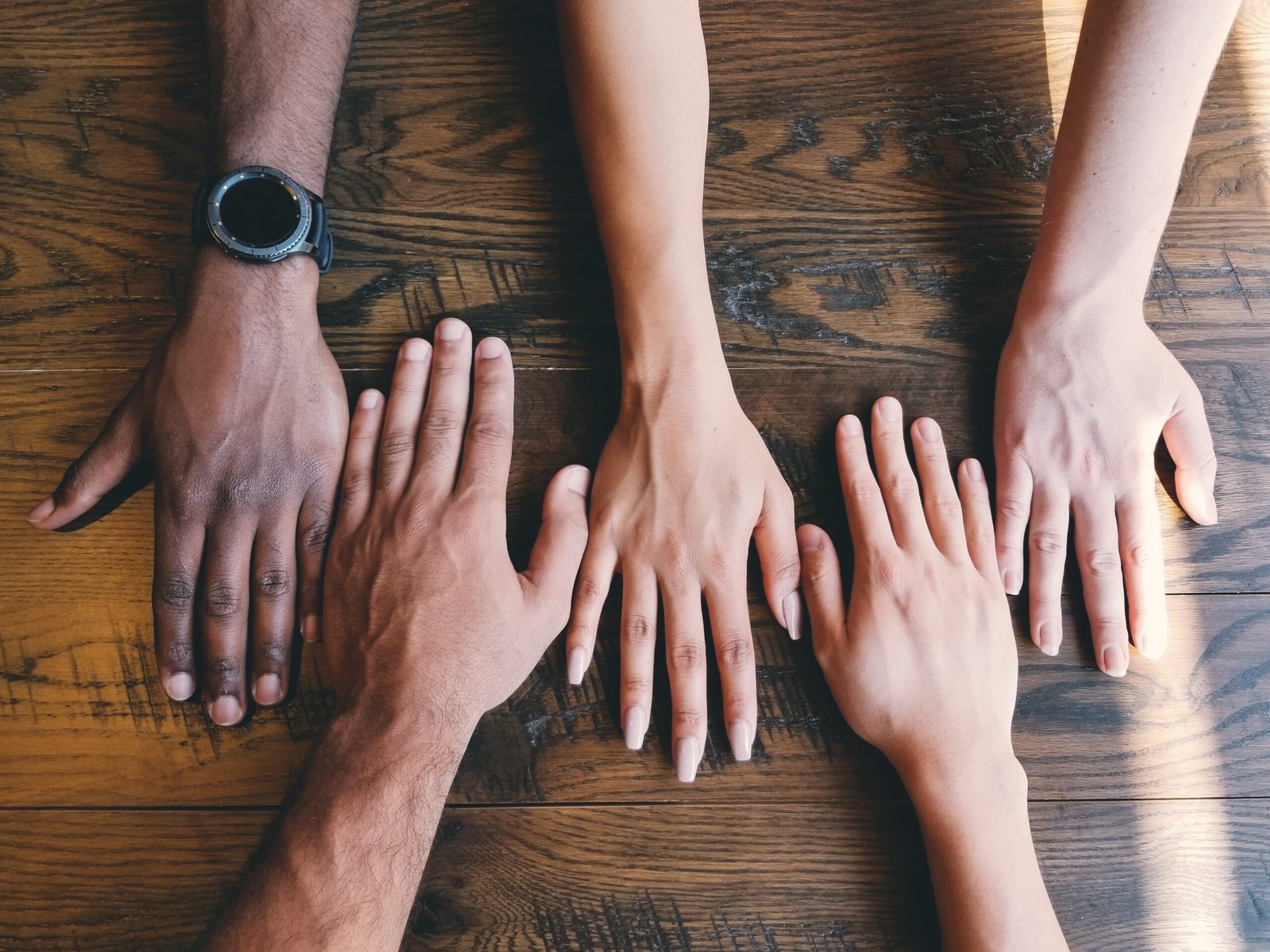
The Importance of Diversity in Women’s Roles in Islamic Culture
Diversity plays a crucial role in shaping the fabric of any society, and this holds true for Islamic culture as well. When it comes to women’s roles in Islamic societies, embracing diversity is not only a matter of inclusivity but also a means to foster progress, empowerment, and social cohesion.
Breaking Stereotypes
One of the main reasons why diversity is essential in women’s roles within Islamic culture is the need to break stereotypes. Unfortunately, there are many misconceptions and stereotypes surrounding Muslim women, often portraying them as oppressed or limited in their opportunities.
By embracing diversity, we can challenge these stereotypes and showcase the true diversity of experiences and achievements of Muslim women around the world. This includes highlighting the accomplishments of women in various fields such as science, politics, arts, and education. By doing so, we can provide a more accurate and nuanced understanding of the contributions and capabilities of women in Islamic culture.
Empowering Women
Diversity in women’s roles within Islamic culture is not only about representation but also about empowerment. When women from diverse backgrounds are given the opportunity to participate fully in society, they can contribute their unique perspectives, skills, and talents.
Empowering women in Islamic culture means ensuring equal access to education, healthcare, employment, and leadership positions. It means challenging societal norms and providing support systems that enable women to pursue their goals and aspirations. By doing so, we can create a more inclusive and equitable society that benefits everyone.
Building Bridges
Diversity in women’s roles within Islamic culture also plays a significant role in building bridges between different communities. When women from diverse backgrounds come together, they can share their experiences, learn from one another, and foster understanding and empathy.
By promoting dialogue and collaboration among women of different ethnicities, nationalities, and cultural backgrounds, we can break down barriers and build stronger, more harmonious communities. This not only benefits women but also contributes to the overall well-being and unity of society.
Promoting Social Progress
Diversity in women’s roles within Islamic culture is closely linked to social progress. When women are empowered and given equal opportunities, they can become agents of change and catalysts for positive transformation.
By embracing diversity, Islamic societies can tap into the vast potential of women and harness their talents to address pressing social issues such as poverty, inequality, and discrimination. Women can play a vital role in shaping policies, advocating for human rights, and promoting social justice.
Moving Forward
Embracing diversity in women’s roles within Islamic culture is not without its challenges. It requires a collective effort from individuals, communities, and institutions to challenge stereotypes, promote inclusivity, and create equal opportunities for women from all backgrounds.
Education, awareness, and dialogue are essential in this process. By educating ourselves and others about the diverse experiences and achievements of Muslim women, we can challenge preconceived notions and foster a more inclusive and respectful society.
Ultimately, embracing diversity in women’s roles within Islamic culture is not only a matter of fairness but also a path towards progress and social harmony. By recognizing and celebrating the contributions of women from diverse backgrounds, we can create a brighter future for all.
